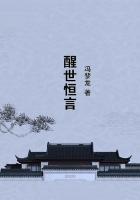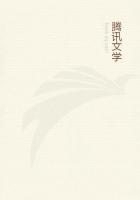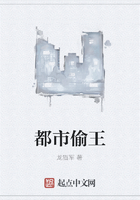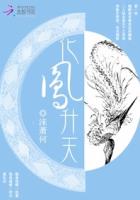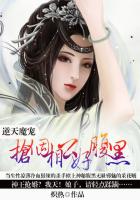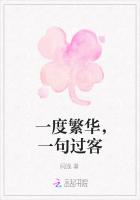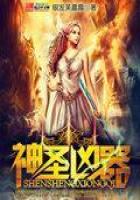Many years ago there lived an Emperor who was so fond of new clothes that he spent all his money on them in order to be beautifully dressed. He did not care about his soldiers, he did not care about the theatre; he only liked to go out walking to show off his new clothes. He had a coat for every hour of the day; and just as they say of a king, 'He is in the council-chamber,' they always said here, 'The Emperor is in the wardrobe.'
In the great city in which he lived there was always something going on; every day many strangers came there. One day two impostors arrived who gave themselves out as weavers, and said that they knew how to manufacture the most beautiful cloth imaginable. Not only were the texture and pattern uncommonly beautiful, but the clothes which were made of the stuff possessed this wonderful property that they were invisible to anyone who was not fit for his office, or who was unpardonably stupid.
'Those must indeed be splendid clothes,' thought the Emperor.
'If I had them on I could find out which men in my kingdom are unfit for the offices they hold; I could distinguish the wise from the stupid! Yes, this cloth must be woven for me at once.'
And he gave both the impostors much money, so that they might begin their work.
They placed two weaving-looms, and began to do as if they were working, but they had not the least thing on the looms. They also demanded the finest silk and the best gold, which they put in their pockets, and worked at the empty looms till late into the night.
'I should like very much to know how far they have got on with the cloth,' thought the Emperor. But he remembered when he thought about it that whoever was stupid or not fit for his office would not be able to see it. Now he certainly believed that he had nothing to fear for himself, but he wanted first to send somebody else in order to see how he stood with regard to his office. Everybody in the whole town knew what a wonderful power the cloth had, and they were all curious to see how bad or how stupid their neighbour was.
'I will send my old and honoured minister to the weavers,' thought the Emperor. 'He can judge best what the cloth is like, for he has intellect, and no one understands his office better than he.'
Now the good old minister went into the hall where the two impostors sat working at the empty weaving-looms. 'Dear me!' thought the old minister, opening his eyes wide, 'I can see nothing!' But he did not say so.
Both the impostors begged him to be so kind as to step closer, and asked him if it were not a beautiful texture and lovely colours. They pointed to the empty loom, and the poor old minister went forward rubbing his eyes; but he could see nothing, for there was nothing there.
'Dear, dear!' thought he, 'can I be stupid? I have never thought that, and nobody must know it! Can I be not fit for my office?
No, I must certainly not say that I cannot see the cloth!'
'Have you nothing to say about it?' asked one of the men who was weaving.
'Oh, it is lovely, most lovely!' answered the old minister, looking through his spectacles. 'What a texture! What colours!
Yes, I will tell the Emperor that it pleases me very much.'
'Now we are delighted at that,' said both the weavers, and thereupon they named the colours and explained the make of the texture.
The old minister paid great attention, so that he could tell the same to the Emperor when he came back to him, which he did.
The impostors now wanted more money, more silk, and more gold to use in their weaving. They put it all in their own pockets, and there came no threads on the loom, but they went on as they had done before, working at the empty loom. The Emperor soon sent another worthy statesman to see how the weaving was getting on, and whether the cloth would soon be finished. It was the same with him as the first one; he looked and looked, but because there was nothing on the empty loom he could see nothing.
'Is it not a beautiful piece of cloth?' asked the two impostors, and they pointed to and described the splendid material which was not there.


